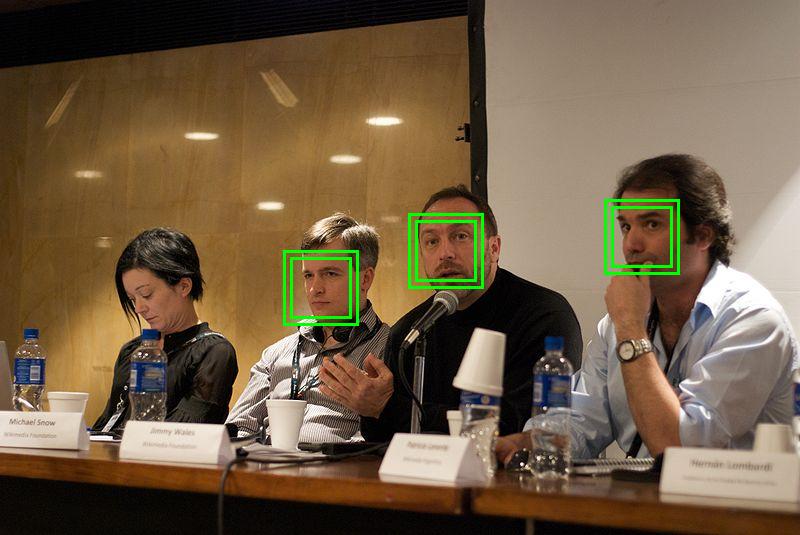Mobility Marketing: Toyota's e-Palette
Advertising on cars is nothing new, but what we may be seeing in future is not limited to static car wraps but specially purposed vehicles that can change their function and their messages as needed.
At this year's CES, Toyota unveiled the e-Palette concept. The company anticipates first introducing it for use at the Olympic and Paralympic Games in Tokyo in 2020. But it is already working with partners like Amazon, DiDi, Mazda, Pizza Hut and Uber to develop the concept and its commercial applications.
In a press release, Toyota describe e-Palette as exemplifying “Toyota's visions for Automated Mobility as a Service (Autono-MaaS) applications.” The vehicle itself is a “fully-automated, next generation battery electric vehicle (BEV) designed to be scalable and customizable for a range of Mobility as a Service (MaaS) businesses.”
Read more in Mobility Marketing: Toyota's e-Palette







